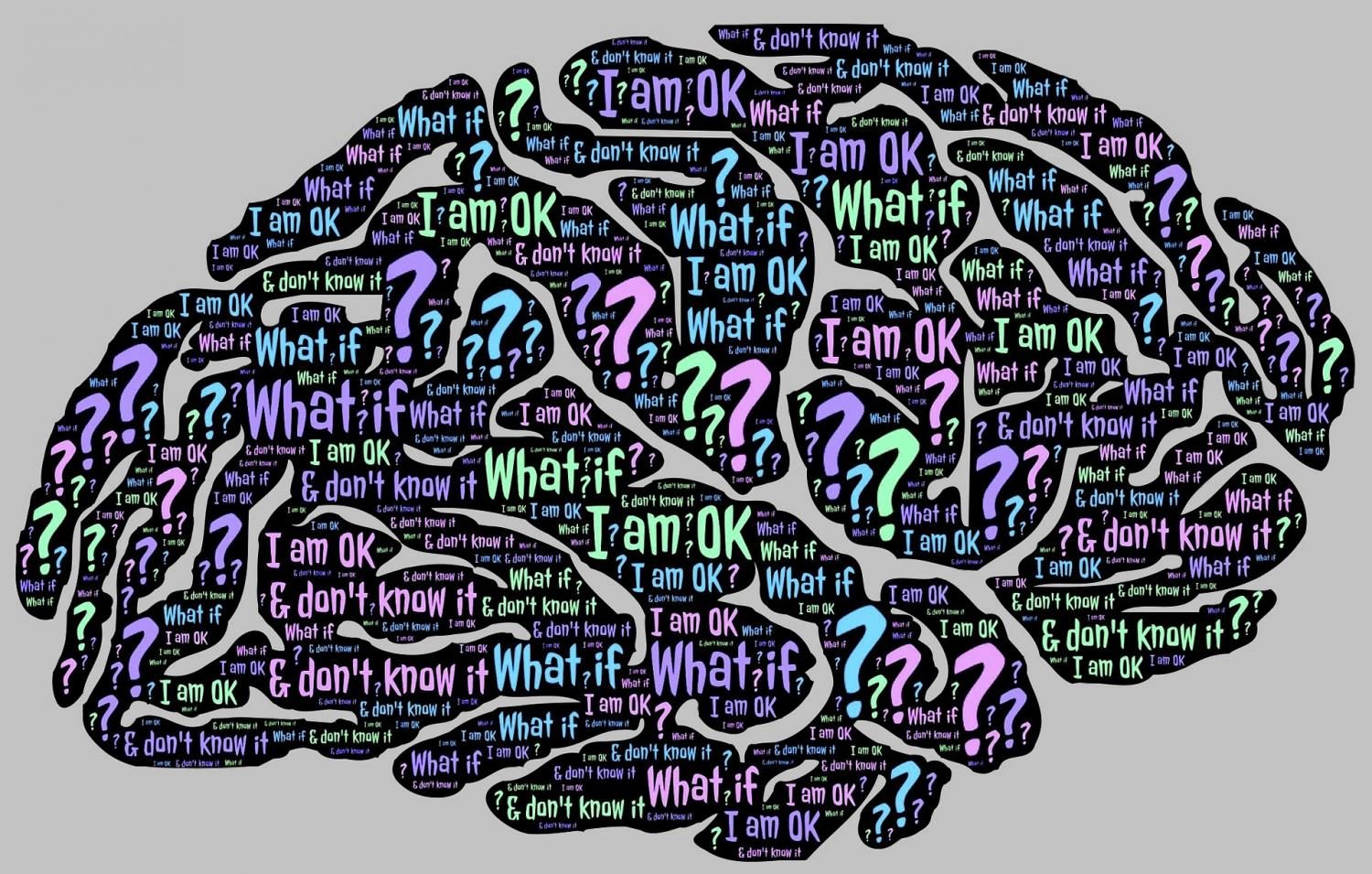Self-worth can’t be spoon-fed
I stood in the bathroom at work, bent over the toilet as chunks of vomit and water splashed up into my face. The tears running down my face mixed with the saliva dribbling down my chin.
Disgusted? Most people would be.
But until today, the day I’m writing this piece, I chose to do that every day for several weeks. Nobody knew.
I’ve had an eating disorder in the past, but I’d been in solid recovery for about five years. It took very little to trigger my recent descent–I felt like nobody wanted me around and I watched a few movies about eating disorders that pushed me over the edge.
When people know you’re ill, they start asking questions. They beg you to stop, and they promise you that everything will be okay. I thought I needed someone to tell me that.
To prove myself right, I posted on one of my personal Instagram accounts, hinting that I had relapsed. I waited, and I got the responses I craved.
People who hadn’t talked to me in weeks asked me if I was okay. People I didn’t know asked me if I was okay.
Friends sent me the responses as I sat silently until my mom called me for dinner, ate it and went back upstairs to purge. Evidently, I thought, this is what it takes for people to care about me.
It wasn’t until about the time that I’m writing this that I had a reality check–I didn’t need someone else to make me talk about my problems and beg me to stop–I needed to be that person for myself.
There’s always a reason to live. And I mean really live, not being robotic and acting out a cycle of purging and restricting.
I guarantee you there are people out there that care, but it’s so easy to fixate on the ones that don’t really matter.
I realized that I really didn’t want to spend my life on a disease that could cause a blood vessel to burst in my eye or a heart attack from a loss of electrolytes. I didn’t want to end up dropping out of classes like I did in high school to go inpatient. Honestly, it’s hard to come to that realization. With mental illness, you can’t always see clearly. There’s no one fix for eating disorders or mental affliction–but this is how I overcame my dip back into hell.
There are people who struggle with what I did this summer, much worse, for much longer. I’m by no means saying you can just wake up one day and stop. I’m honestly going to struggle with eating again for a while now.
If you know you’re vulnerable to relapse or venture into unhealthy behaviors, seek help right away. I’m very lucky to have resources in place to get the support I need. But ultimately, those services can only do so much. It’s up to you to make a real change in your life.
In one of my residential treatment centers I was at about five years ago, I would chant with other girls every morning, “You are strong, you are beautiful and you are a badass motherfucker.”
You’re lucky if you have someone to tell you how great you are, but I’ve learned that sometimes, you have to be that person for yourself. Today, I choose to be, and I hope you will, too.
After all, you’re worth it.



